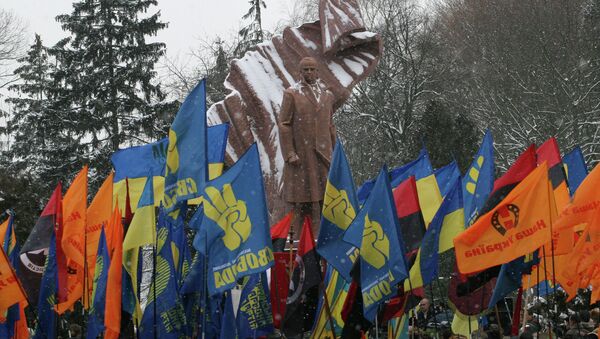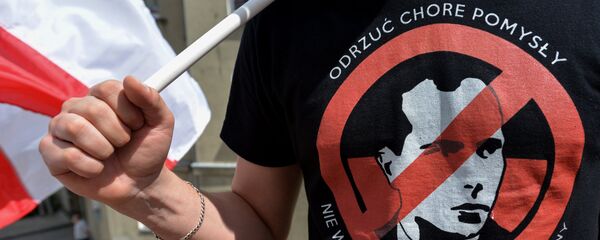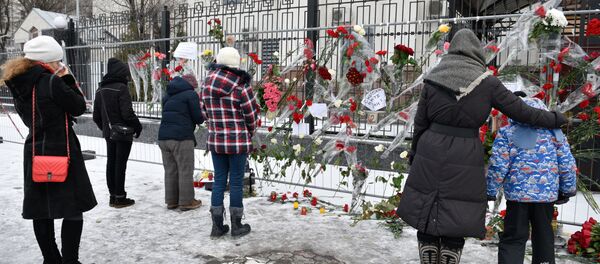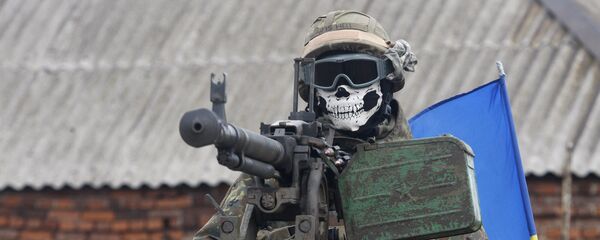In his article for the German weekly, Herden suggested that Europe's policy toward its client state in Kiev has put it in an awkward position: Brussels has taken on the role of political sponsor, which has in turn forced them to turn a blind eye to some of the more unpleasant 'features' of Ukrainian politics and the Ukrainian political process.
For example, the journalist recalled, while the events which took place in central Kiev in late 2013 and early 2014 have been categorized as a "democratic revolution" organized against "a corrupt oligarchy around President [Viktor] Yanukovich," it's not customary to discuss the "chauvinistic, sometimes fascist-like savagery" used by the Maidan protestors during the upheaval. This included nationalist protestors' use of imagery of iconic Nazi collaborator Stepan Bandera, at whom politicians, including from Germany, failed to take offense.
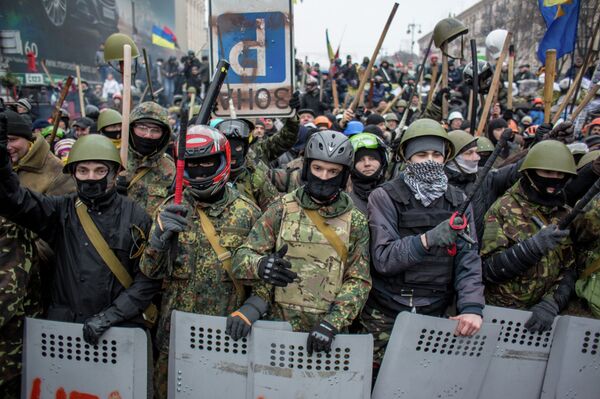
At the same time, the journalist noted, the nonchalance with which European leaders accepted the change of power in Kiev leads to questions about their actual commitment to democratic ideals. After all, he recalled, President Yanukovych had been elected, under EU observance, in elections in 2010 that have been described as free and fair.
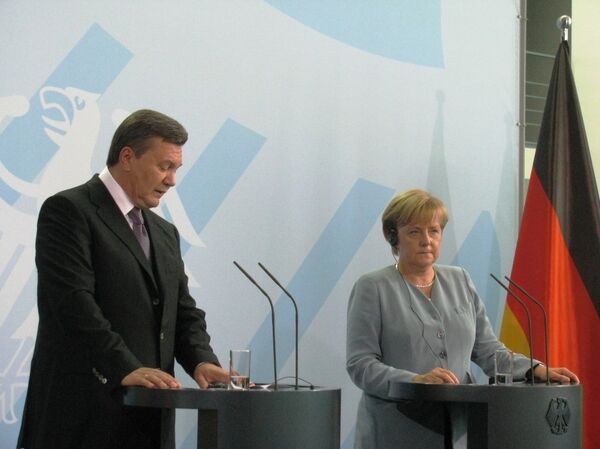
Furthermore, Herden suggested that throughout the Ukrainian crisis that began in 2014 following Maidan, European officials demonstrated a poor knowledge of history, including the fragile nature of Ukraine's statehood, and the country's fundamentally binational character.
Before that, in 1992, the peninsula's regional parliament – the Supreme Council, declared independence with the intention of rejoining Russia, but was shot down by Kiev and by then-Russian President Boris Yeltsin. Nor is it impossible to forget that Soviet leader Nikita Khrushchev signed Crimea away to the Ukrainian Soviet Republic in 1954, without parliamentary approval or popular plebiscite, Herden wrote.
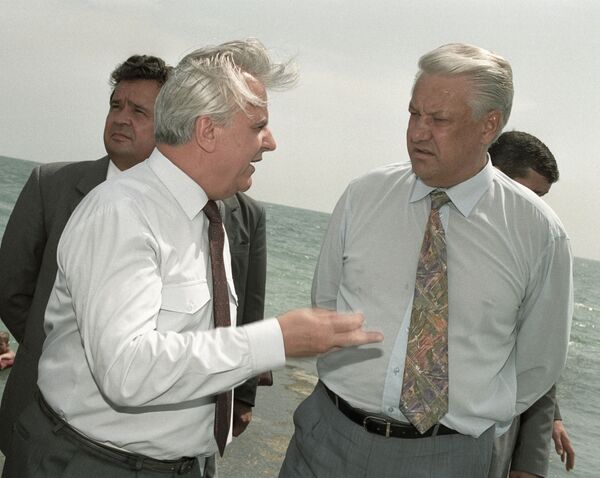
Following the victory of the Maidan coup in February 2014, Herden recalled, the new authorities "made no secret of their nationalist Ukrainian orientation," and promised to abolish Russian as an official language. Authorities were emboldened by their Western patrons' failure to appreciate the Russian factor in modern Ukraine, thus "accelerating [the country's] disintegration."
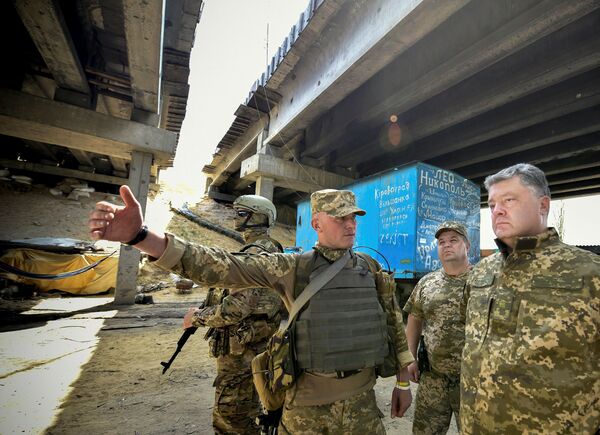
Ultimately, Herden stressed, European politicians' ignorance and disregard for the facts surrounding the Ukrainian crisis has become somewhat of a 'distinctive attribute' of contemporary European politics: the superficial alliance that has formed between Brussels and Kiev has forced Europe to turn a deaf ear to the kinds of xenophobic and undemocratic rhetoric and behavior emanating from Ukraine's politicians.
Earlier this month, Ukrainian and European officials moved forward to amend the EU-Ukraine Association Agreement with an additional declaration, aimed to satisfy objections made by the Netherlands about Ukraine's prospects for membership in the supranational bloc. The addendum states that Association will not essentially lead to Ukraine's membership in the bloc, nor oblige EU members to provide financial or security assistance to Kiev. Amsterdam has promised to clarify the fate of the amended Association Agreement by early next year.

